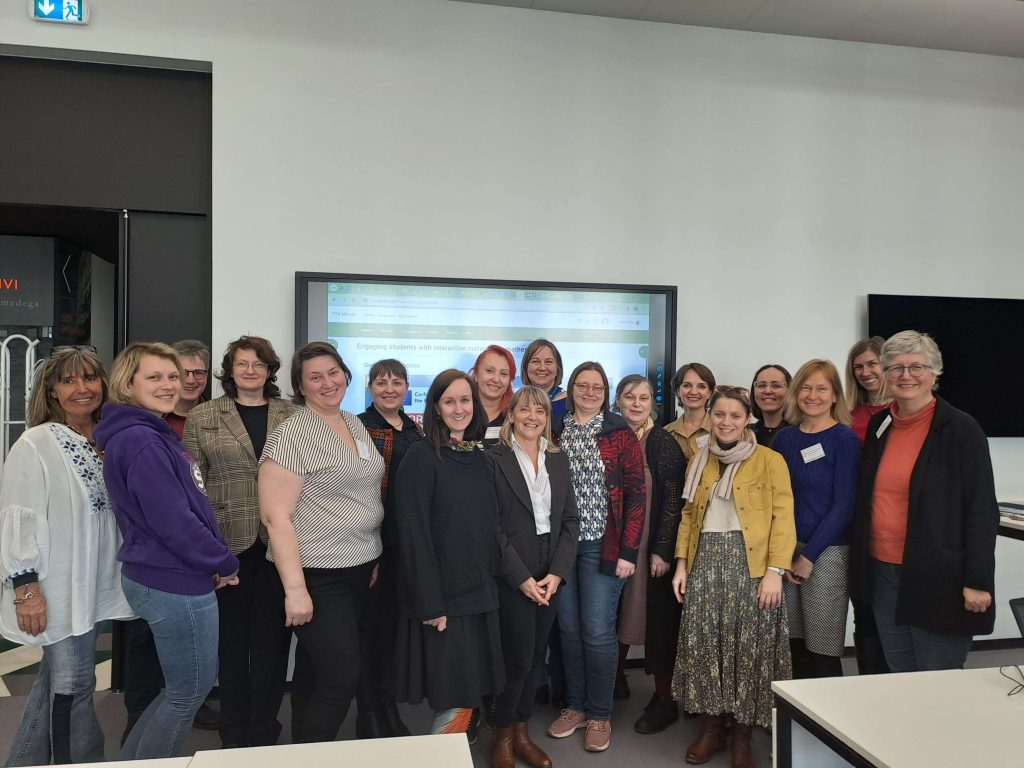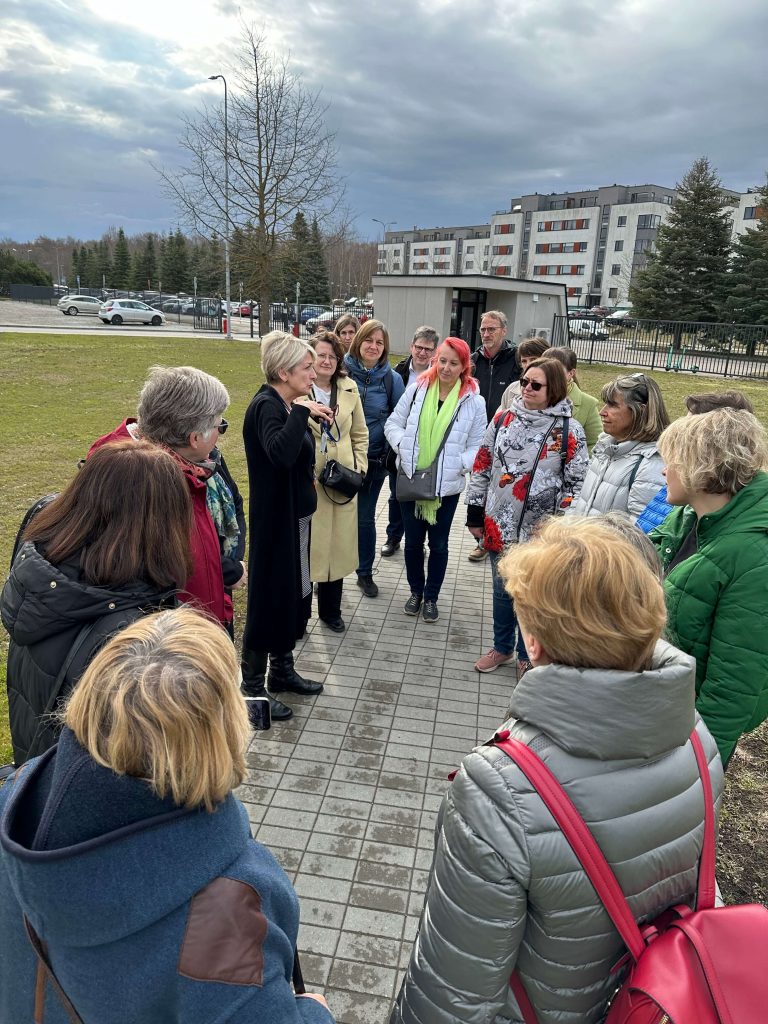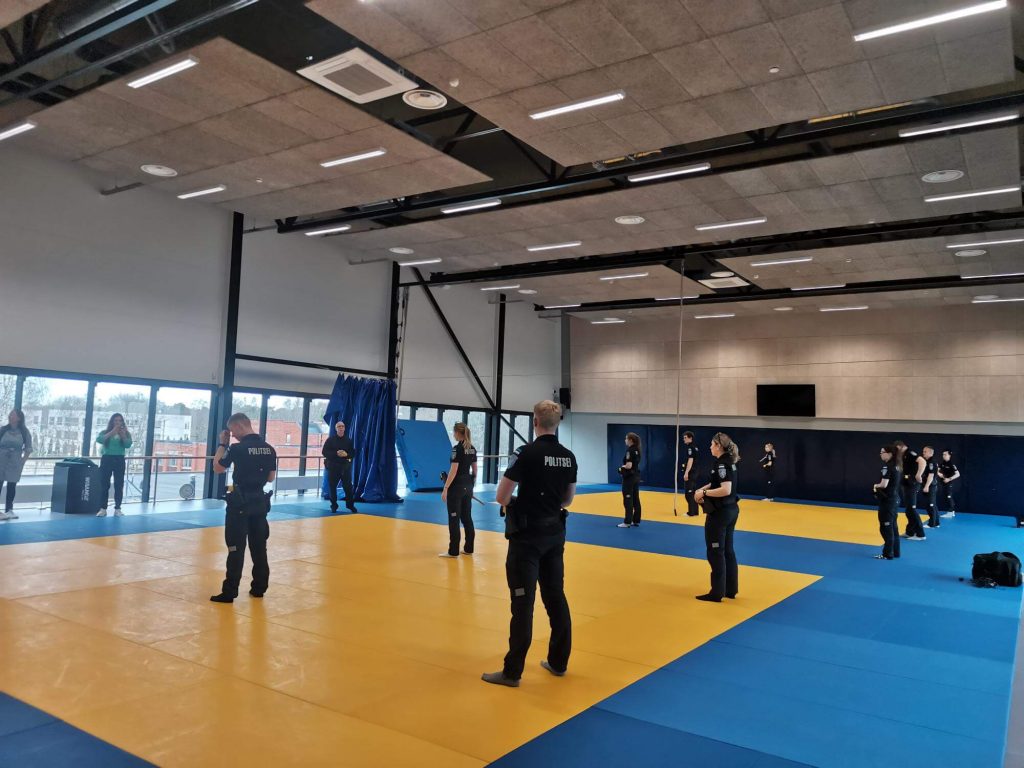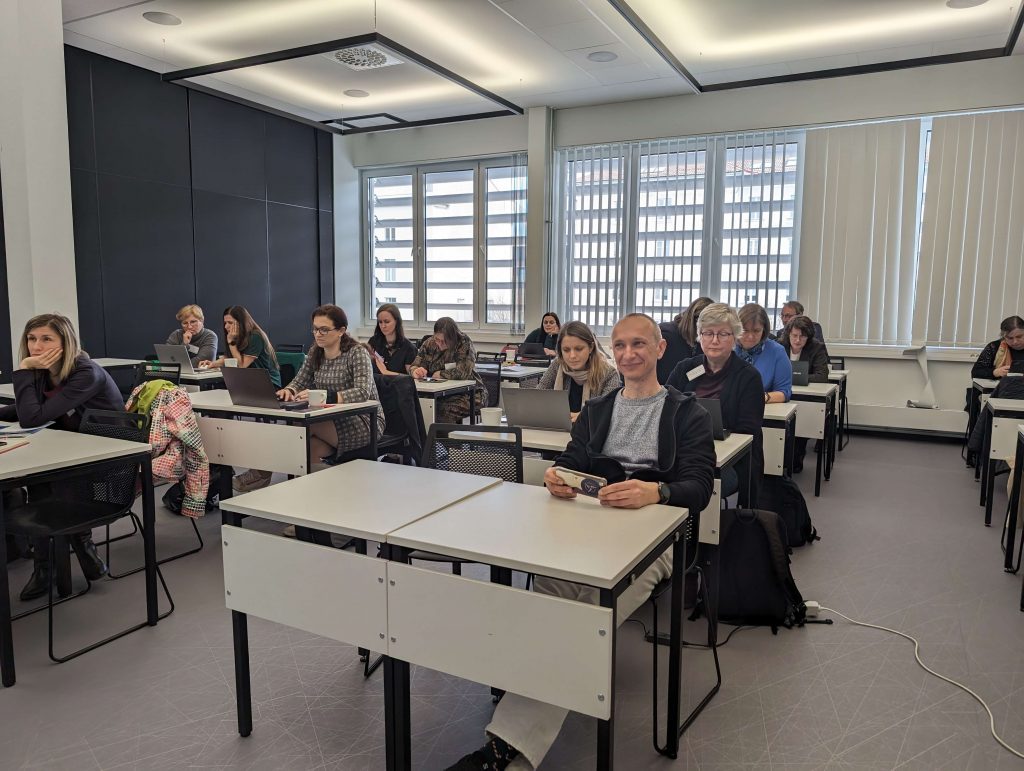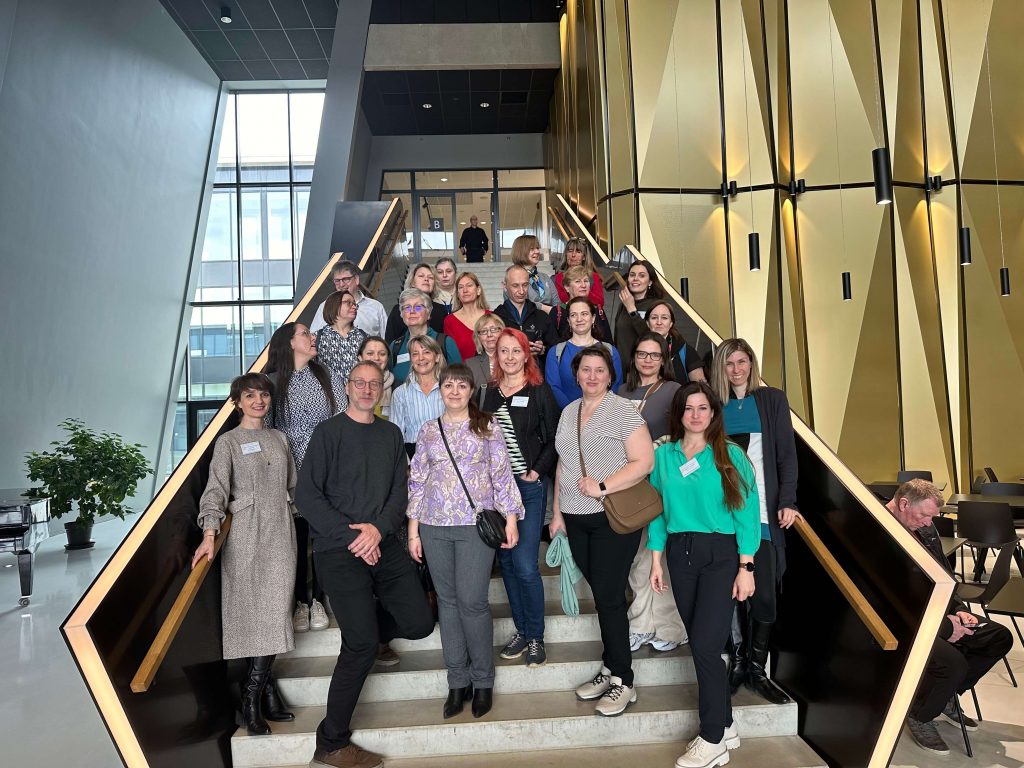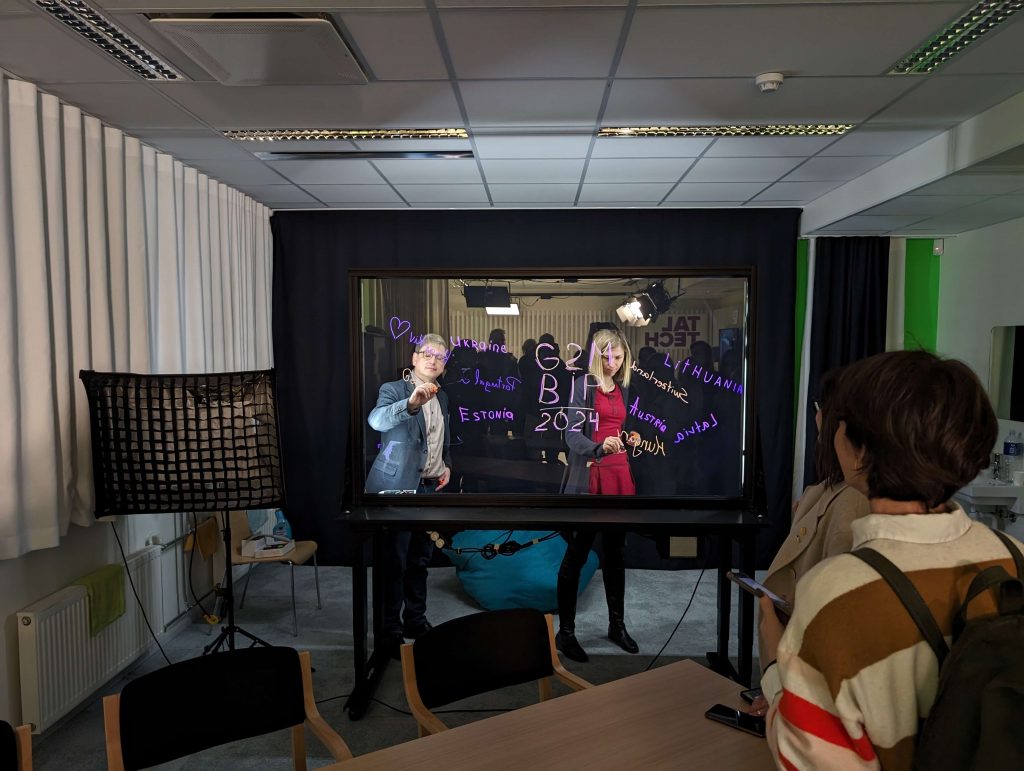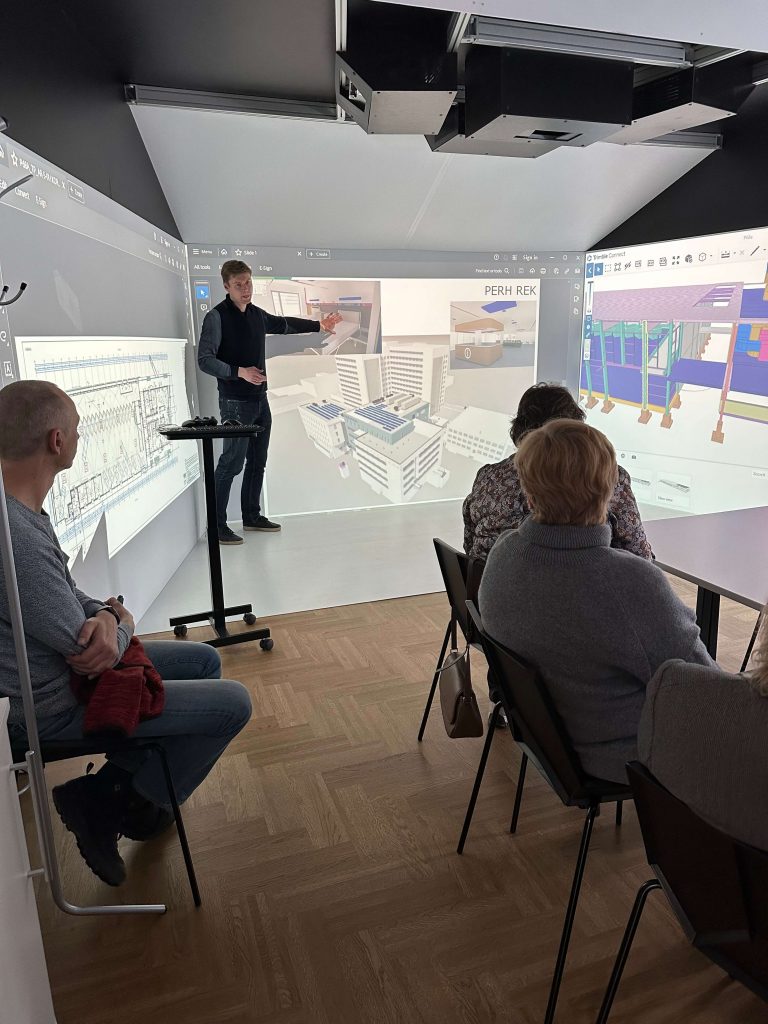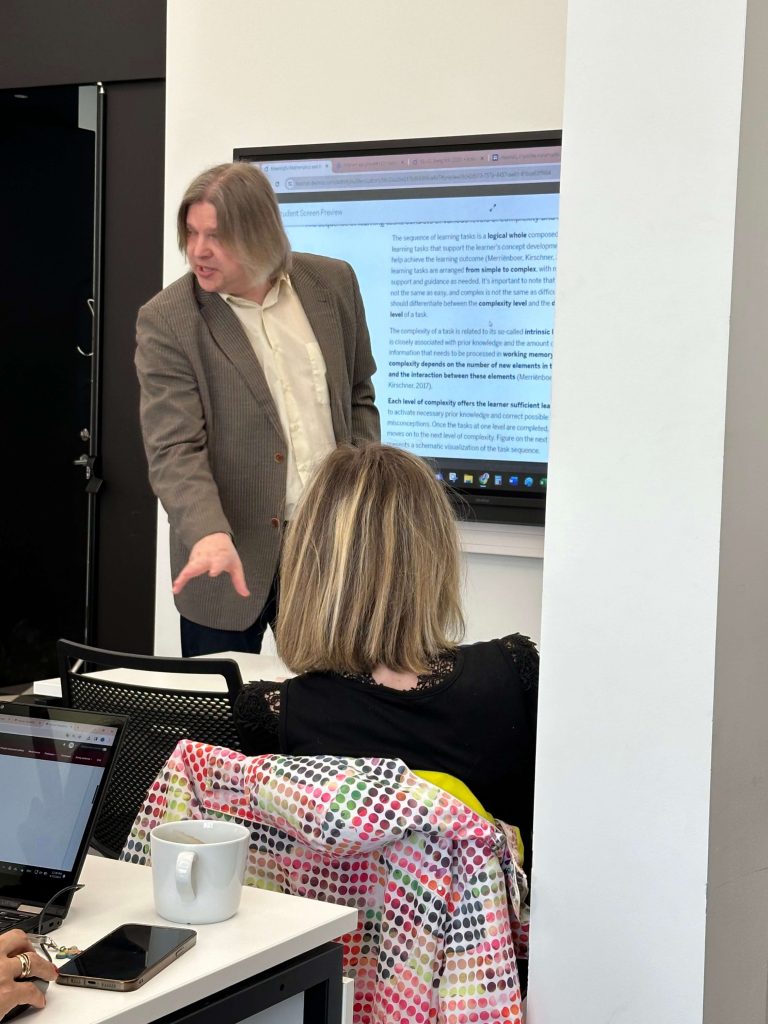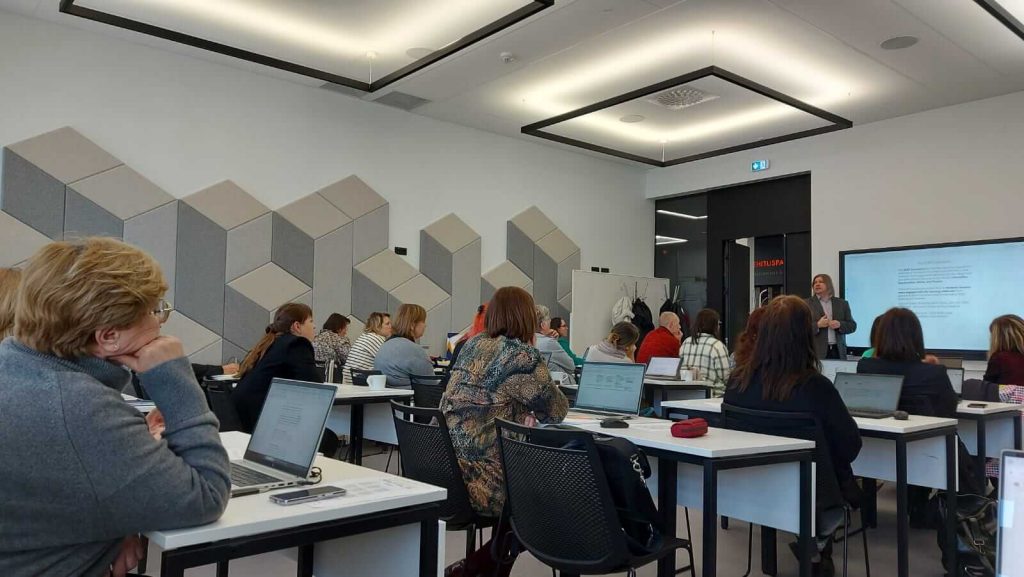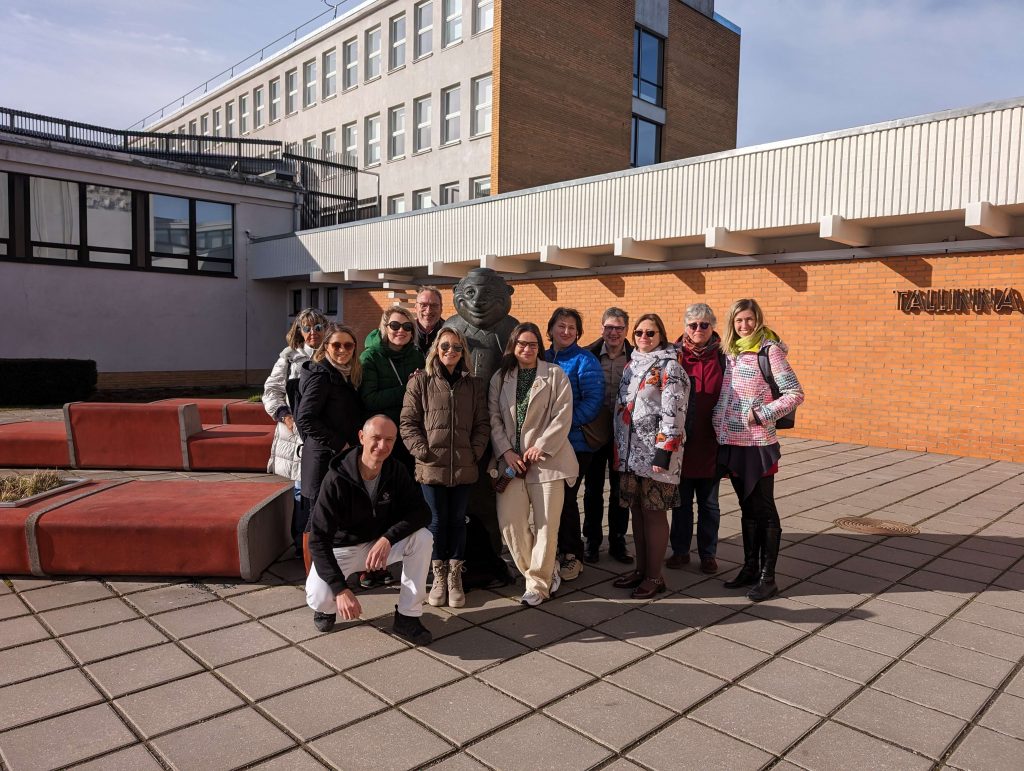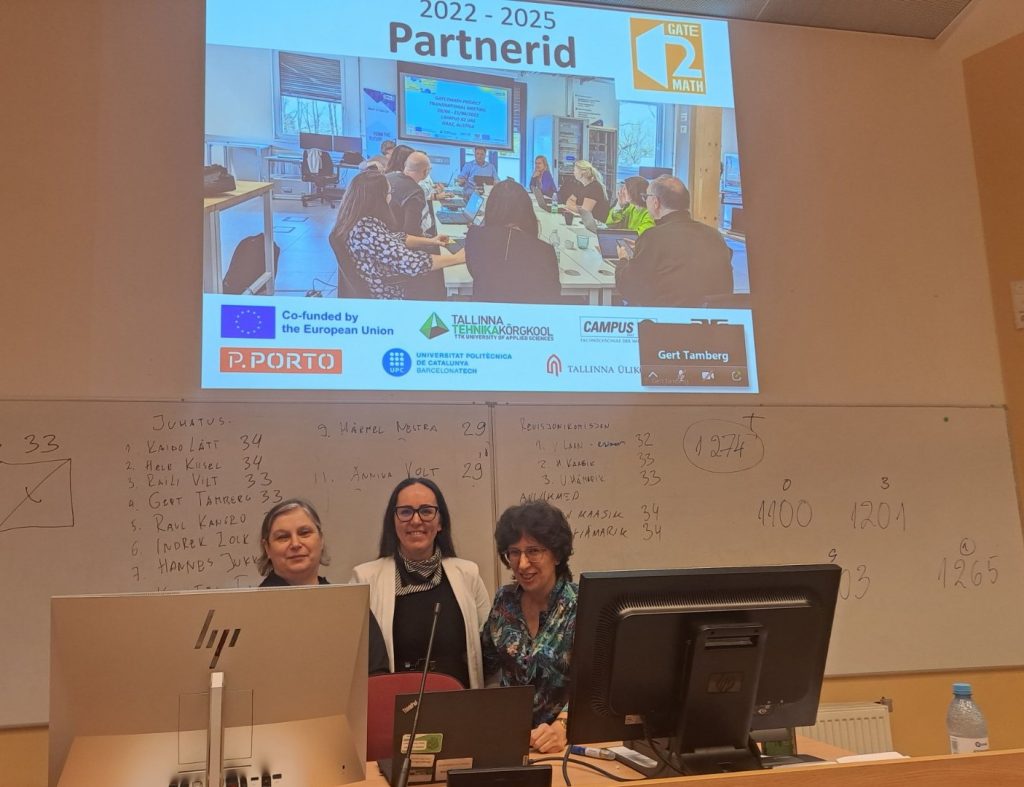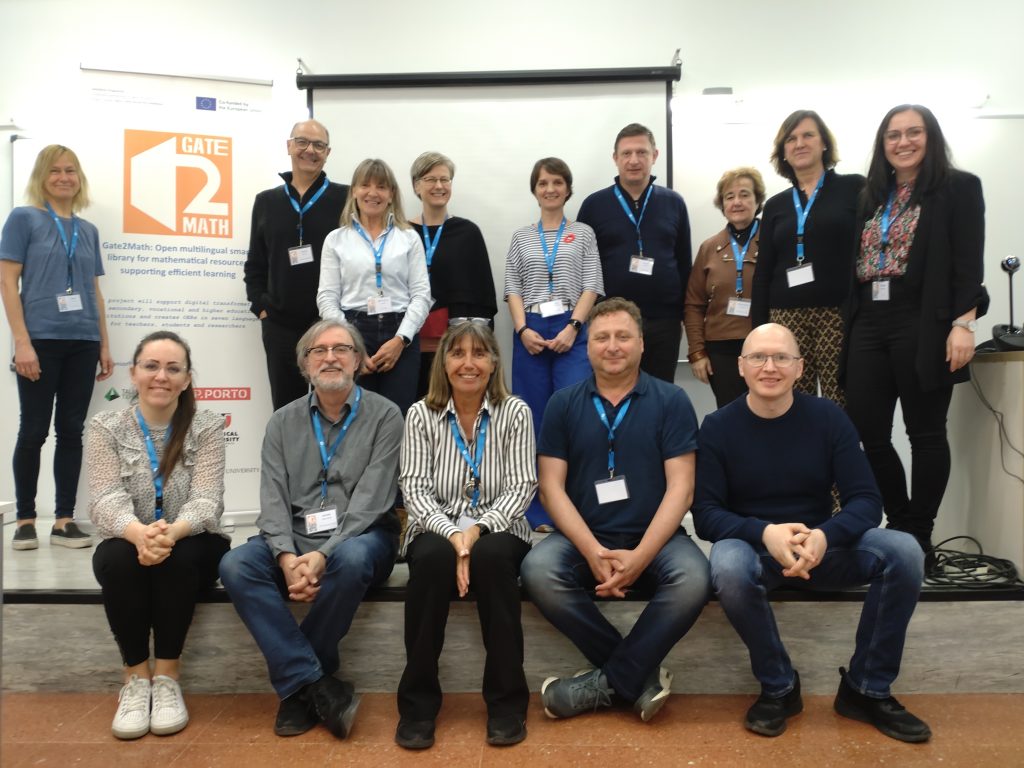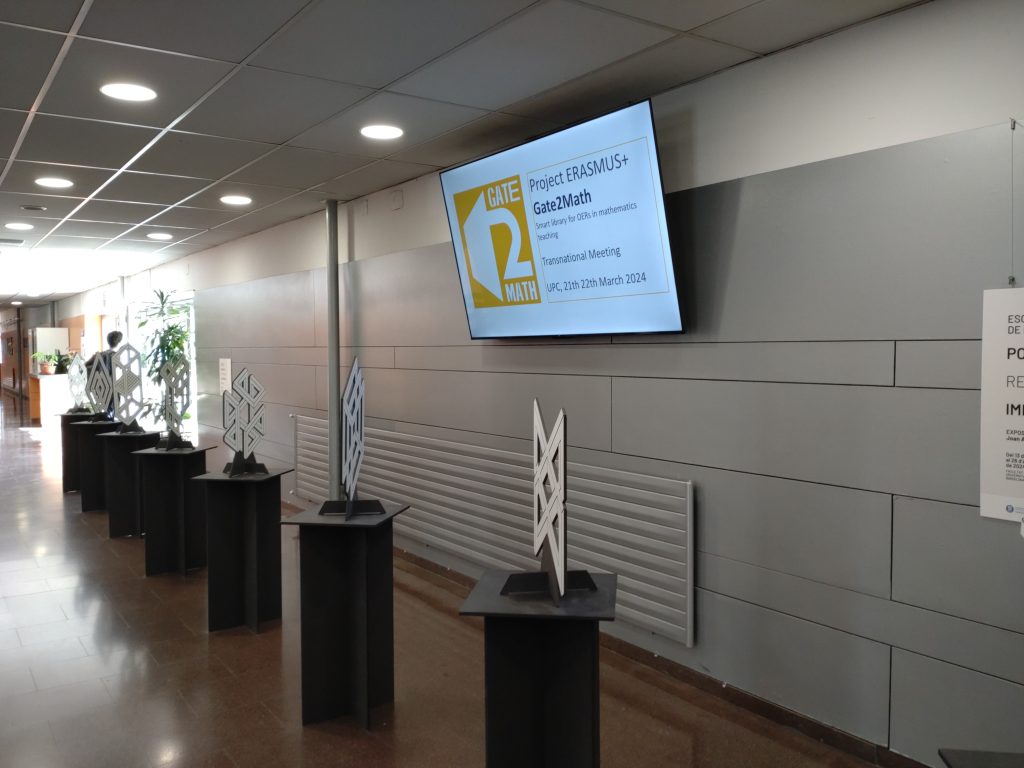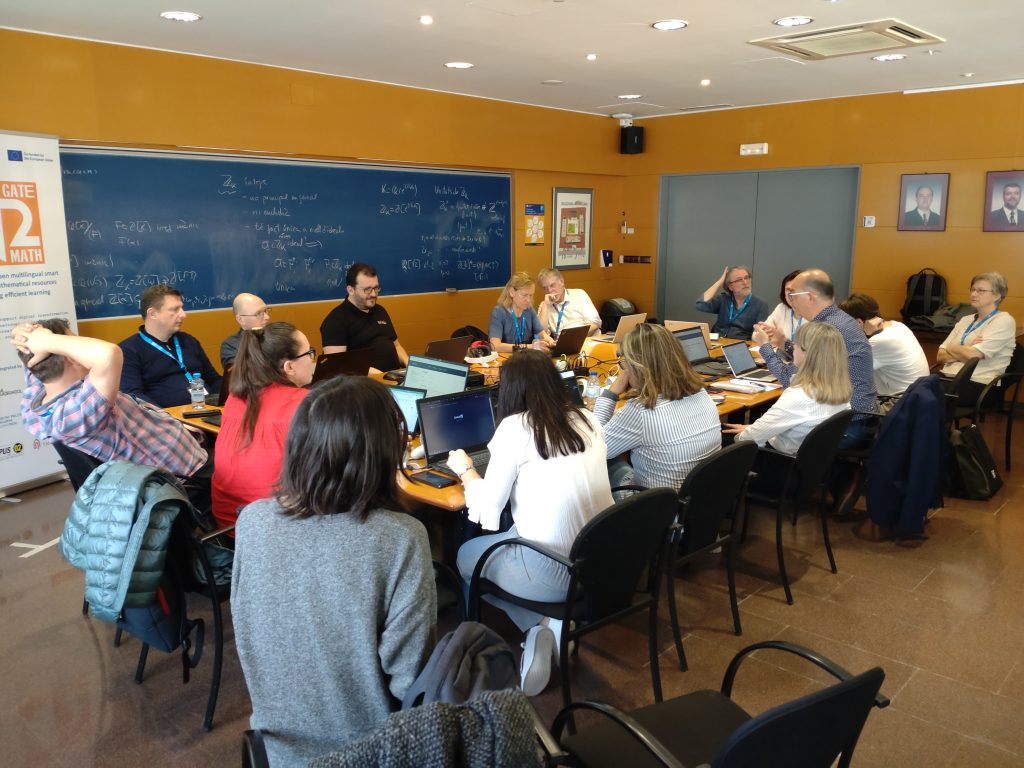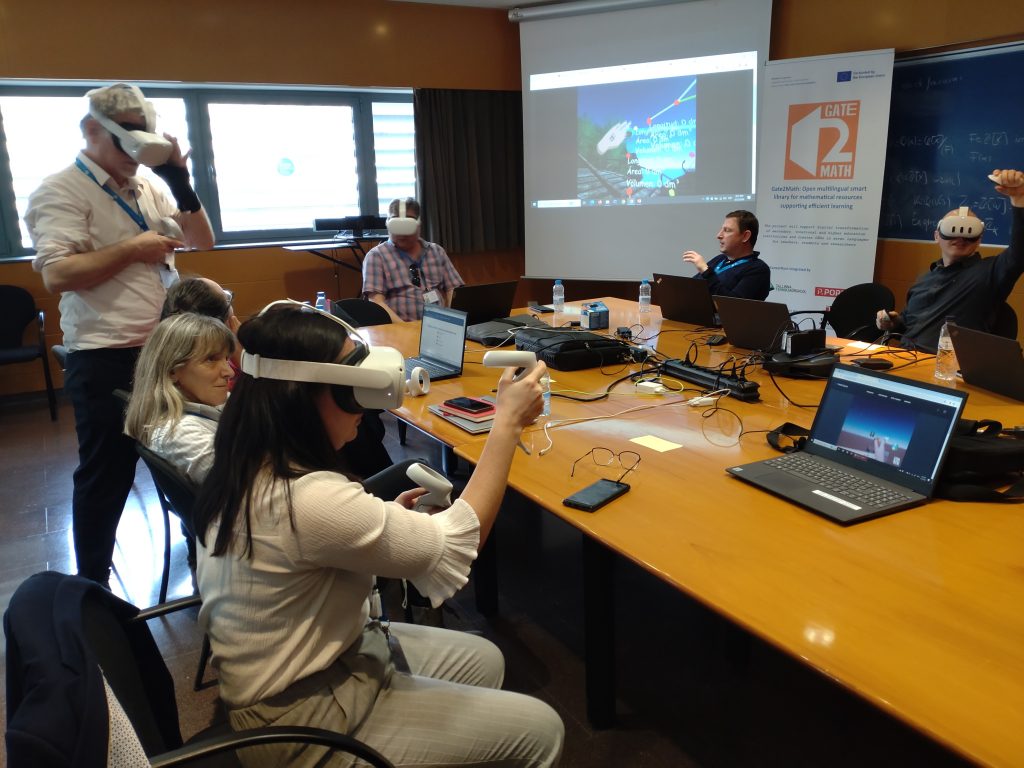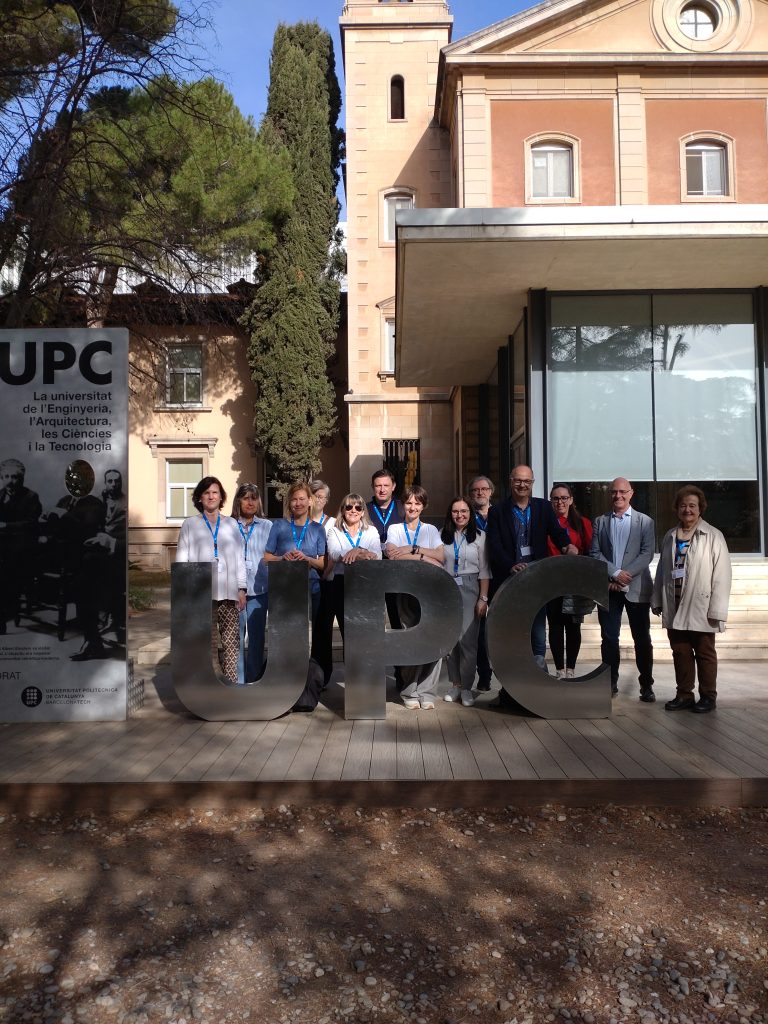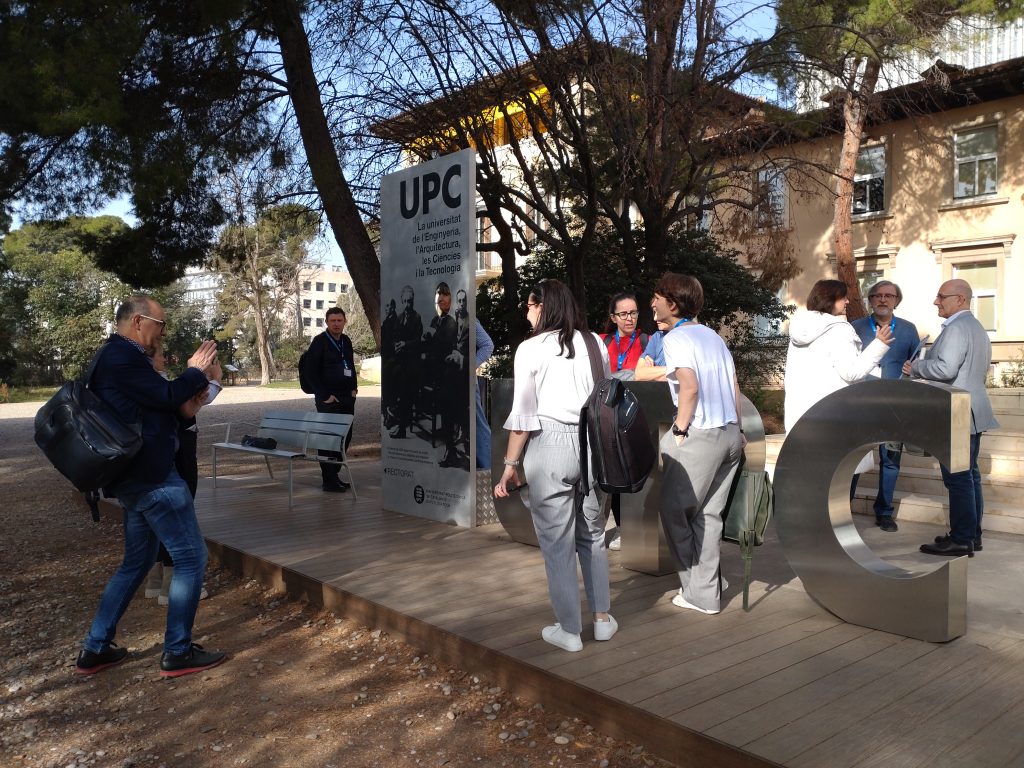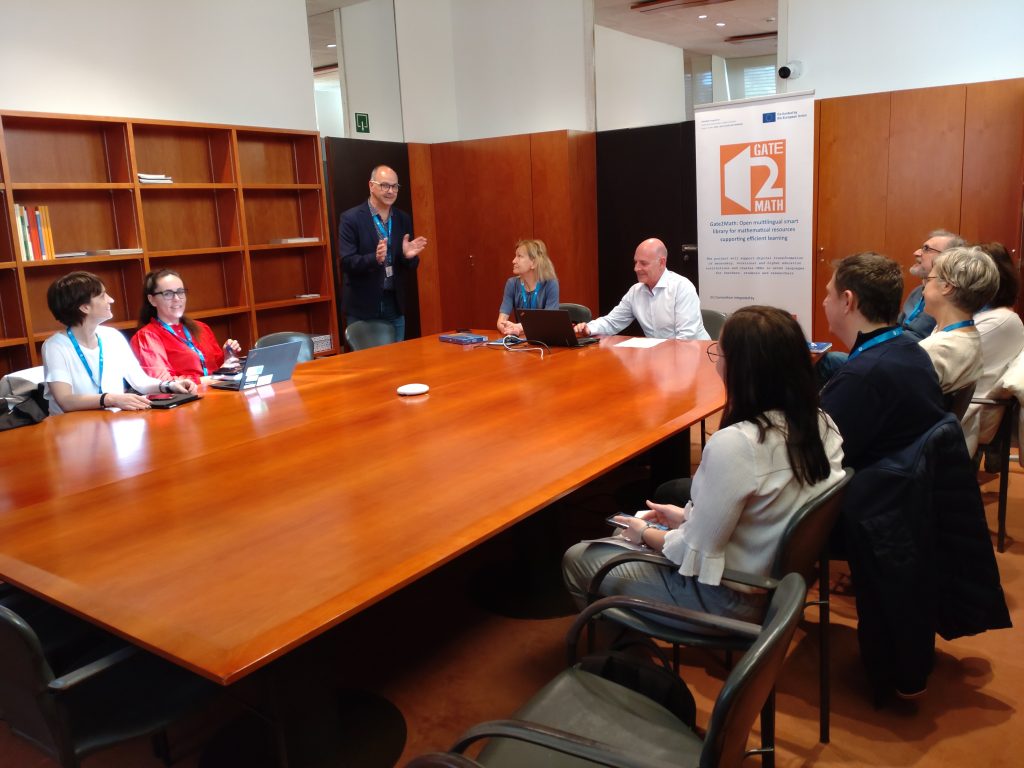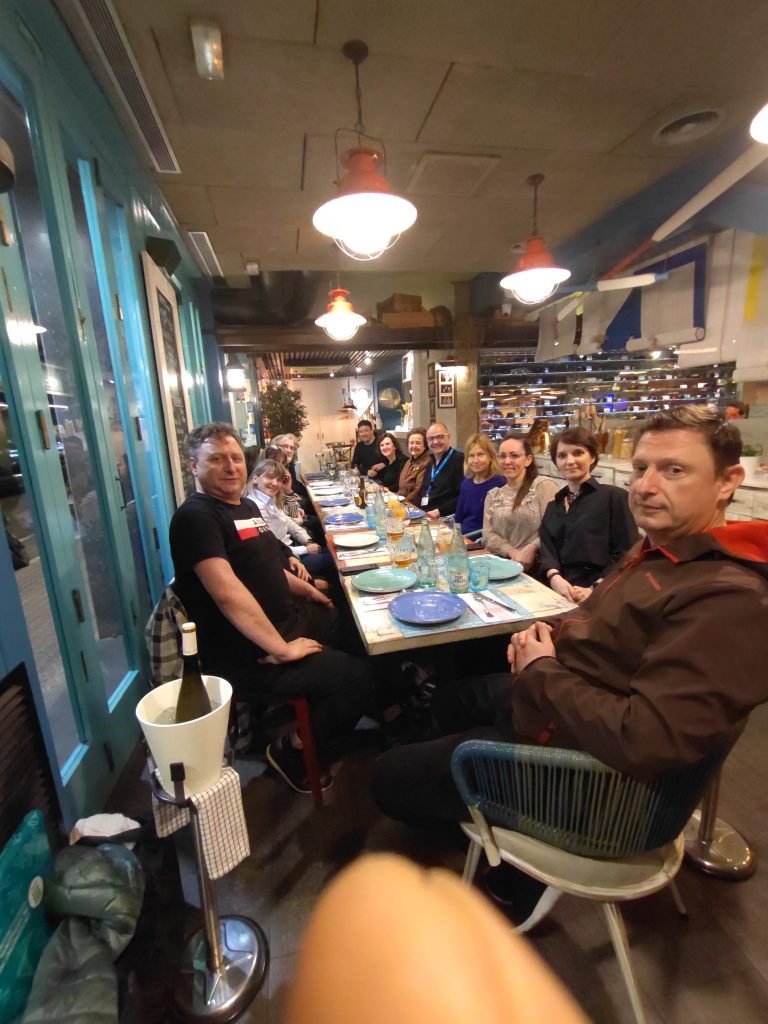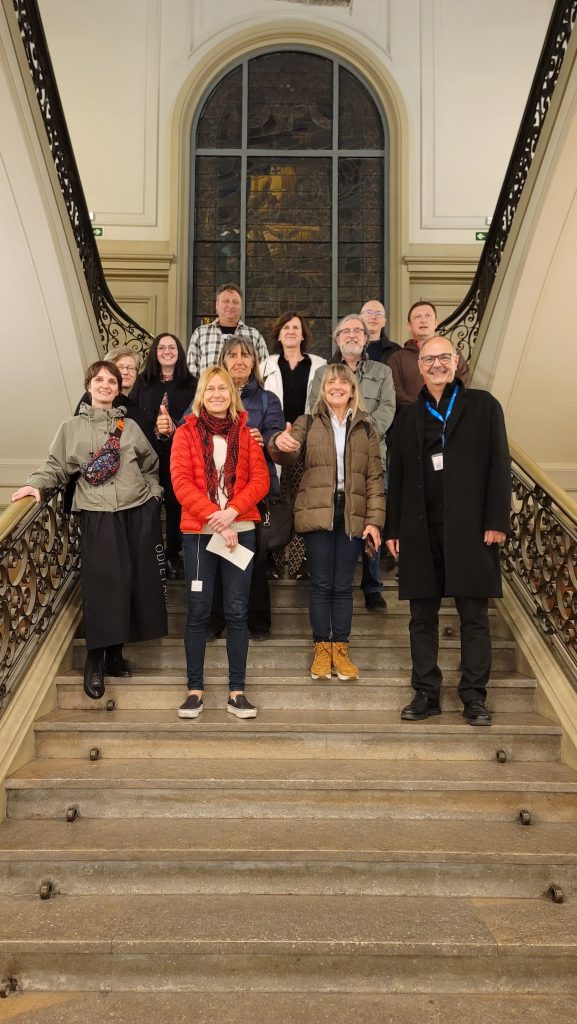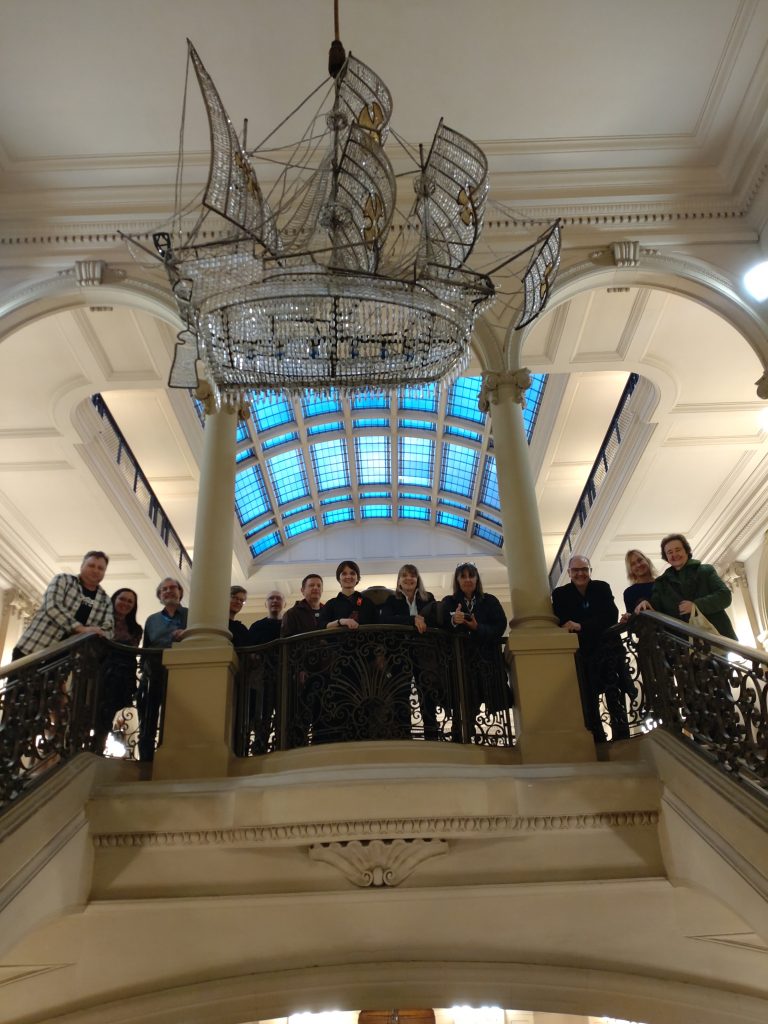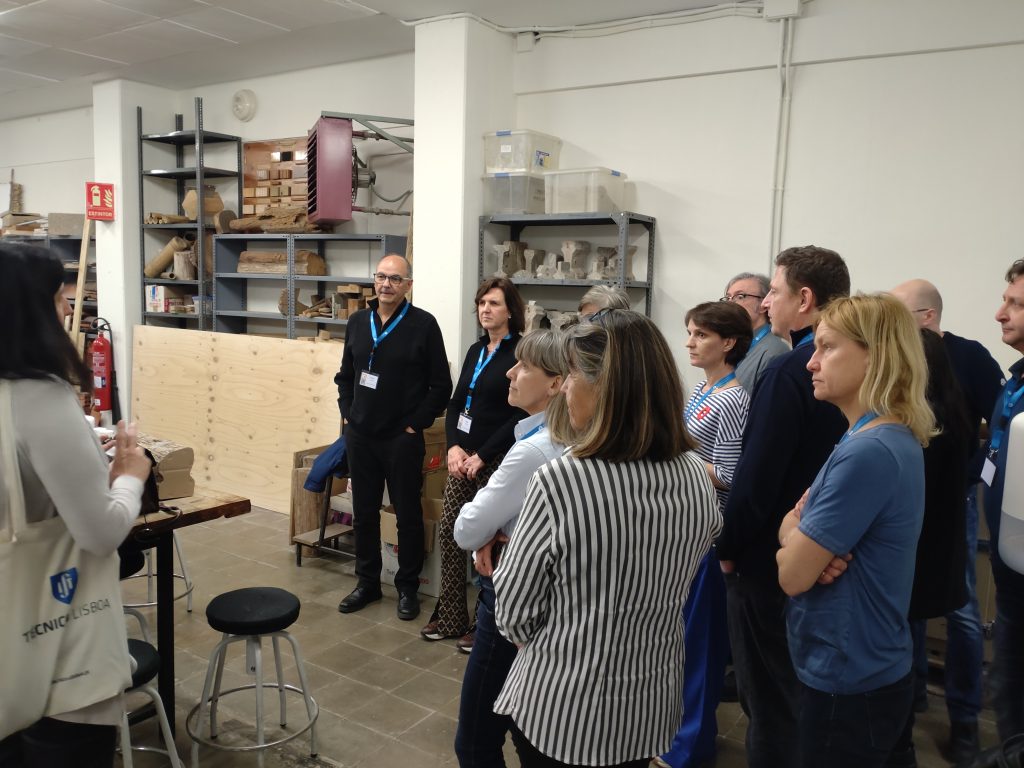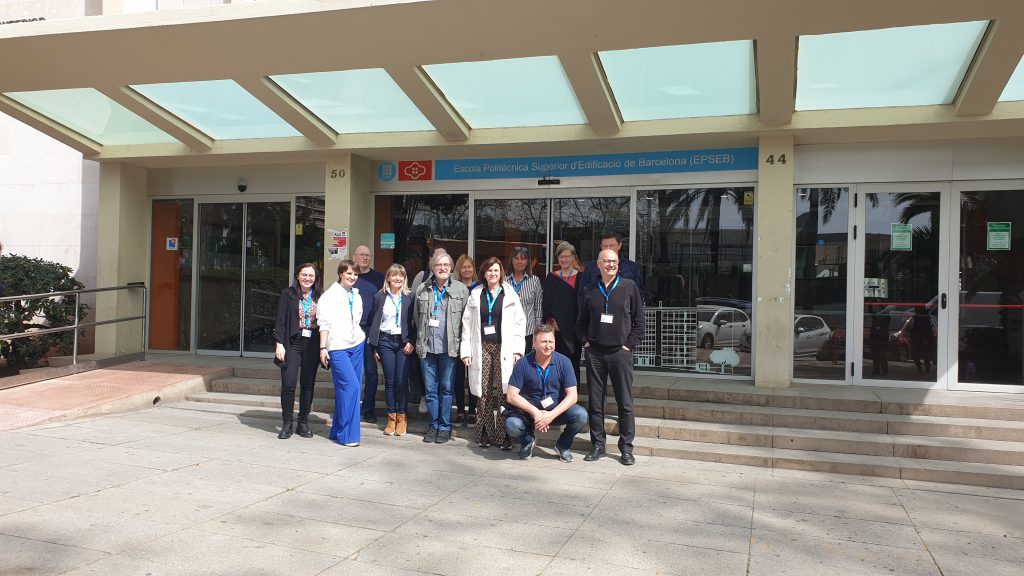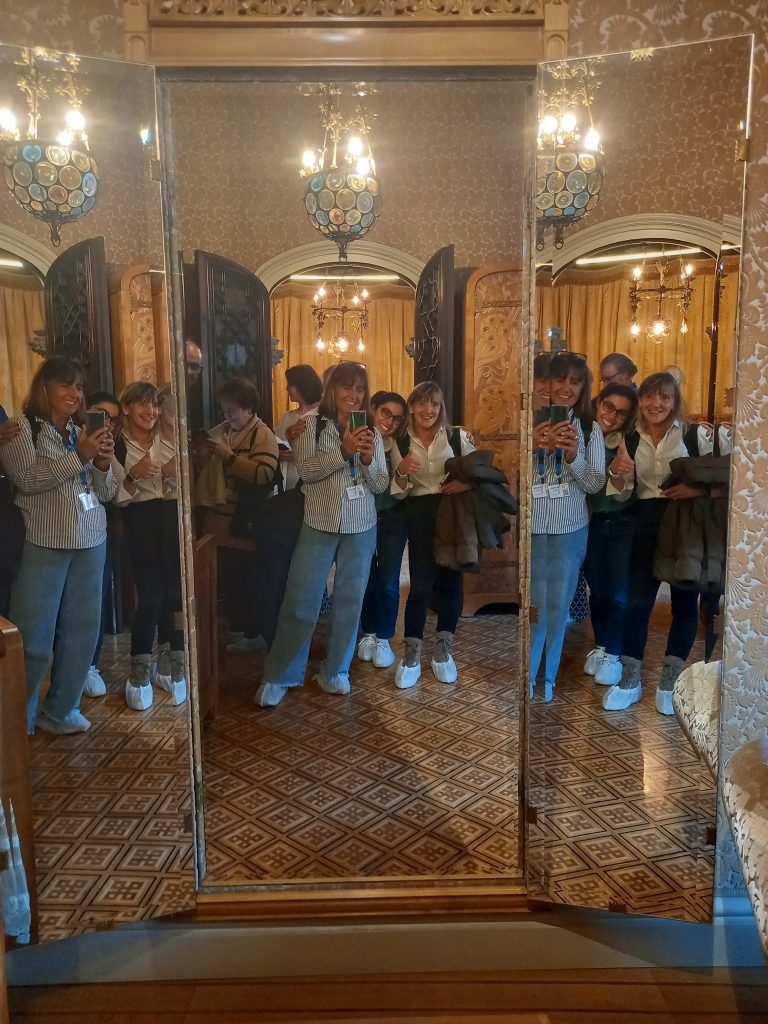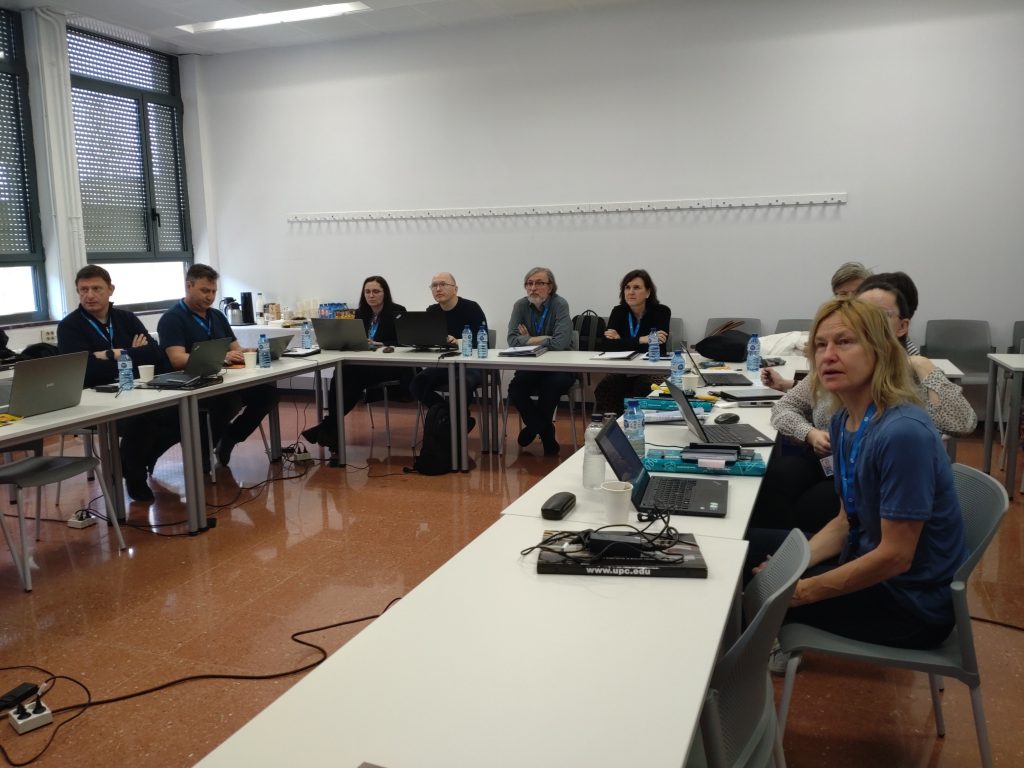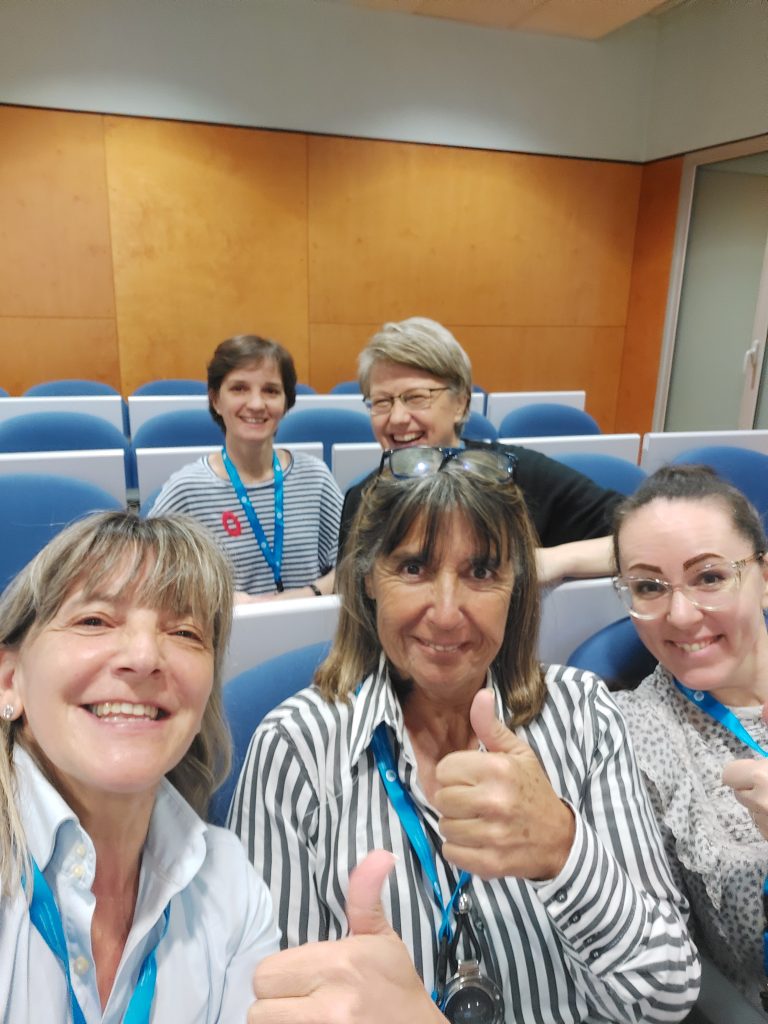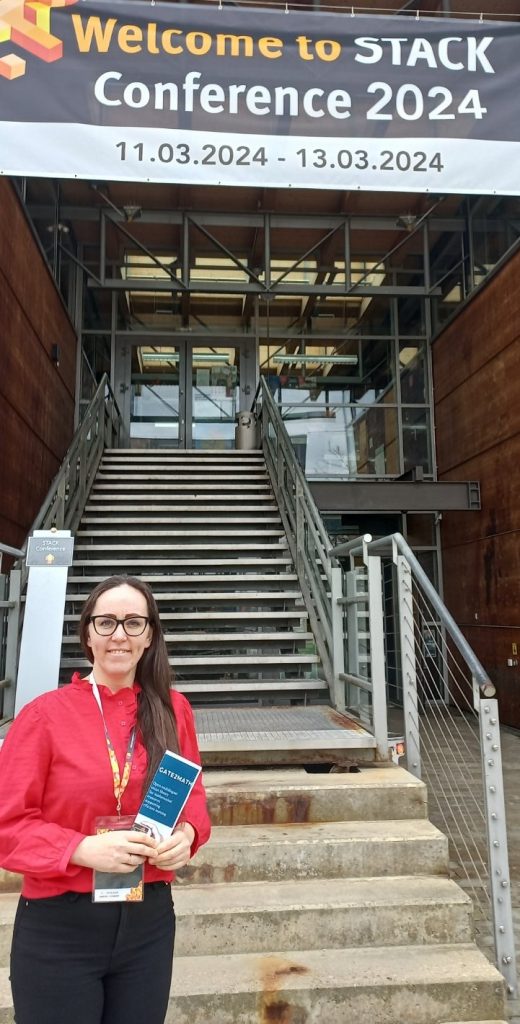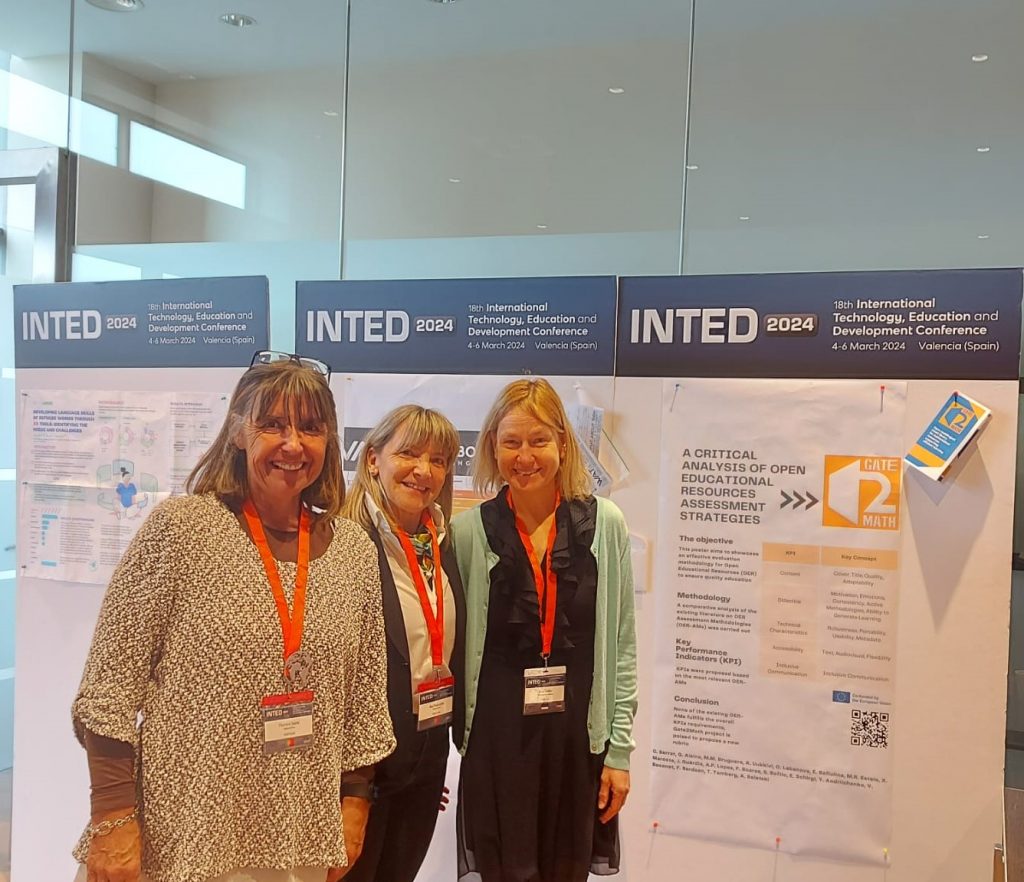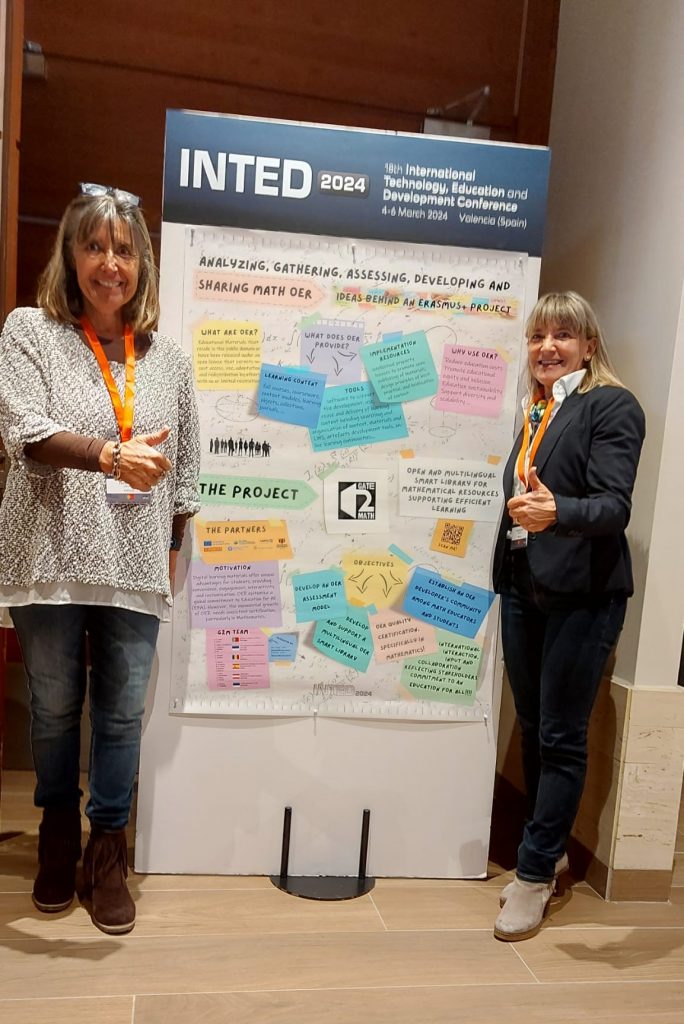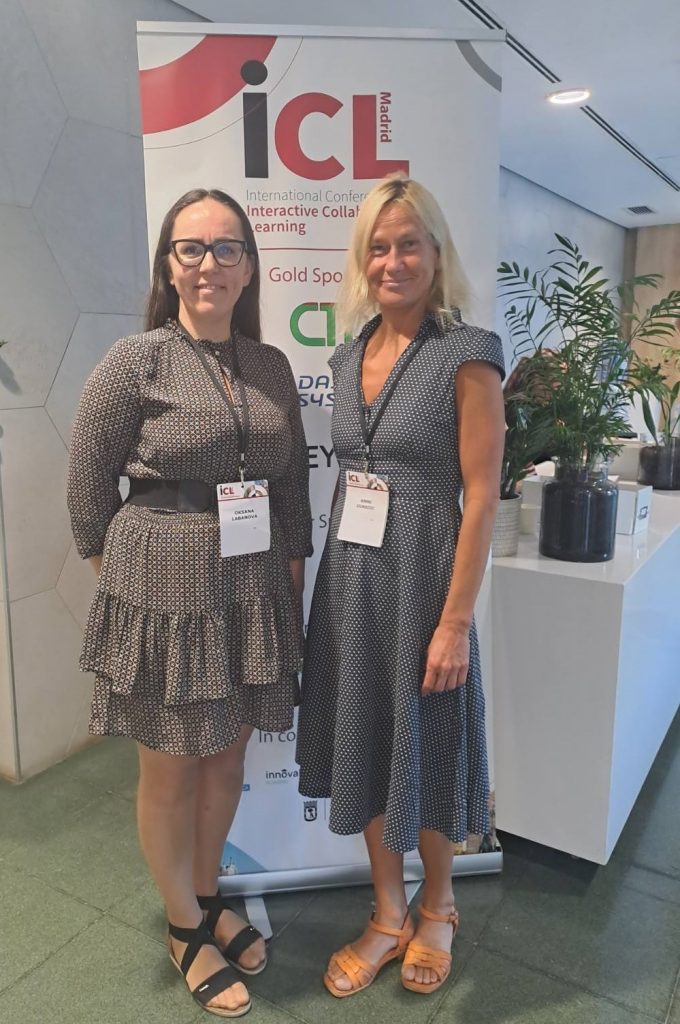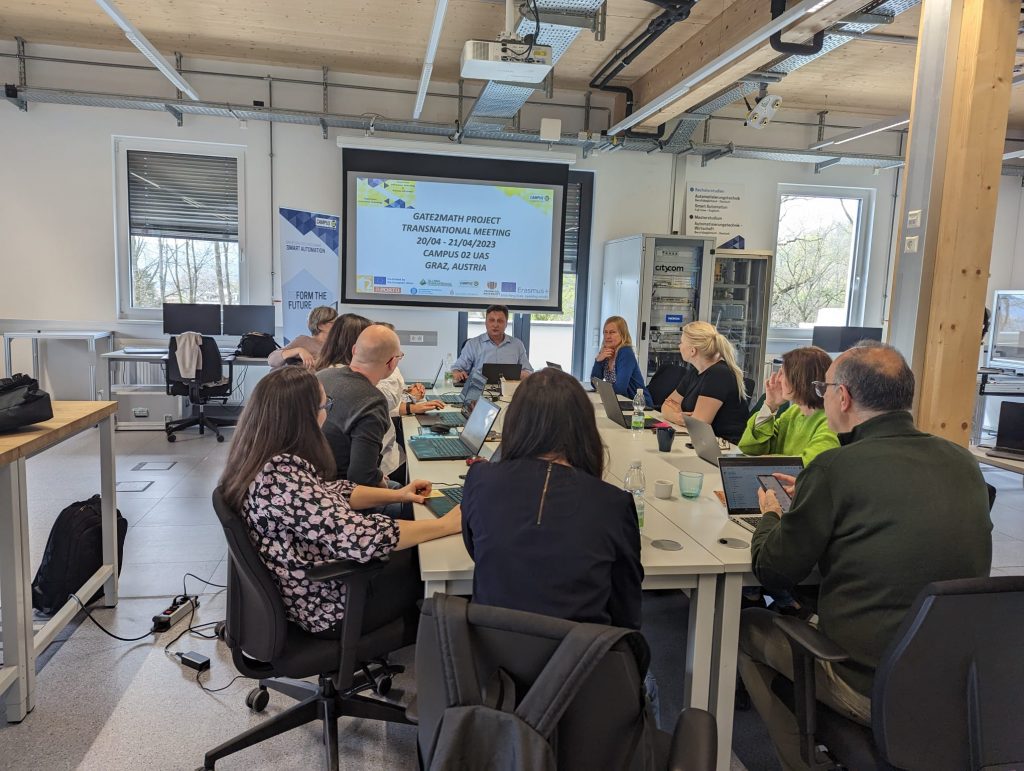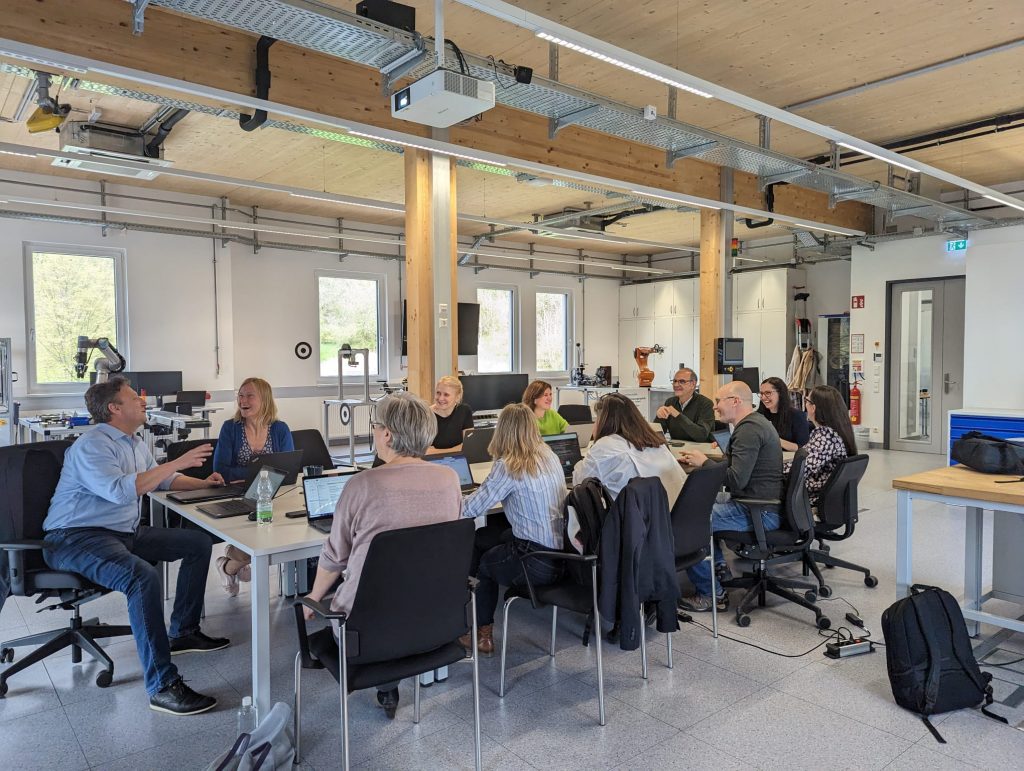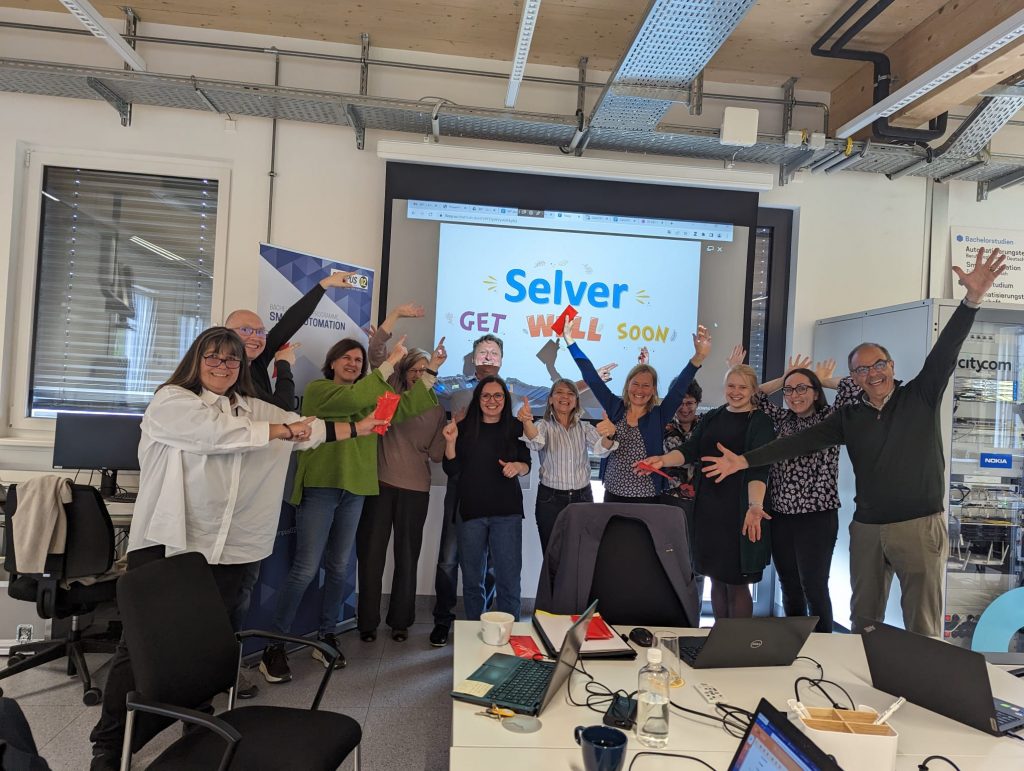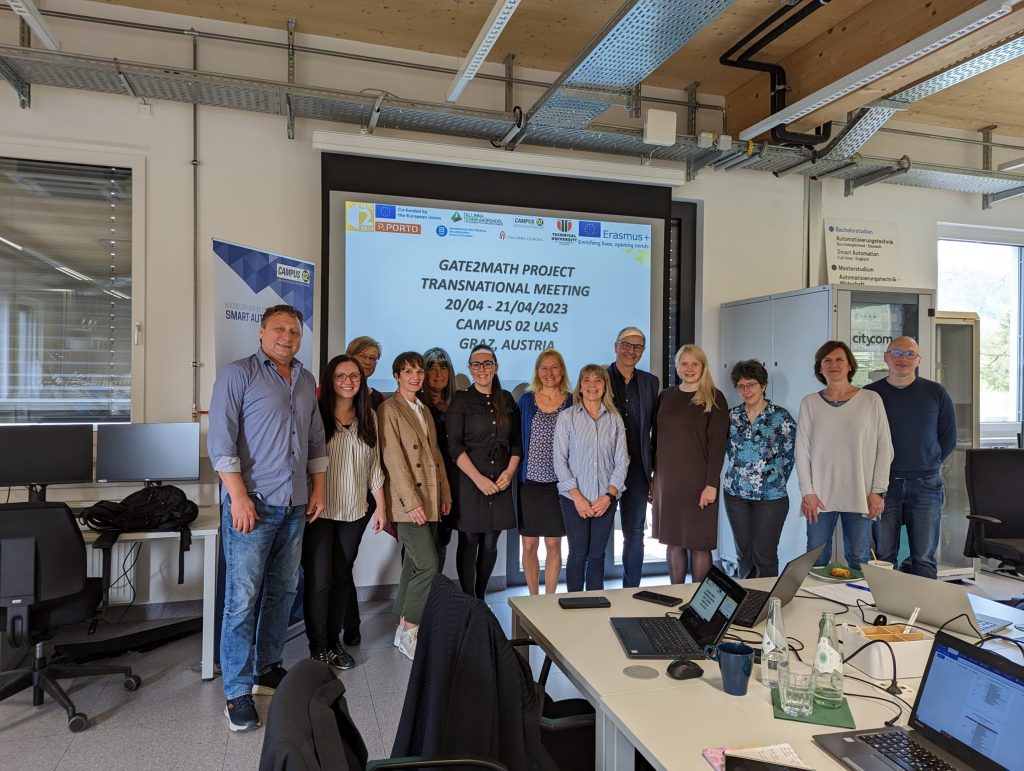TTK University of Applied Sciences, in collaboration with Tallinn University, hosted a significant educational event on May 30, 2024, entitled “Creating Open Educational Resources in Mathematics.” This workshop aimed to enrich the knowledge base of mathematics and statistics educators by introducing them to the innovative Gate2Math Smart Library platform and the broader scope of Open Educational Resources (OER).
Educators from various academic levels, including universities, secondary schools, and vocational institutions, participated in this one-day workshop. The sessions were designed to provide comprehensive training on the utilization and benefits of OER in teaching mathematics, which is increasingly recognized as a vital resource in the educational sector.
The workshop included detailed sessions on OER definitions, the exploration of various OER platforms, and practical activities focused on creating educational materials. Participants actively engaged in collaborative tasks, which not only allowed them to apply their new skills but also to contribute directly to the Gate2Math Smart Library. The platform, praised for its functionality and user-friendliness, served as a real-time repository for the educational objects created during the workshop.
Looking forward, the partners plan to maintain ongoing collaboration with the workshop participants. The objective is to continue developing high-quality OERs and to integrate these resources into the Gate2Math Smart Library, enriching the platform and making advanced educational tools widely accessible.
This initiative marks a significant step forward in enhancing educational resources and supports the ongoing global shift towards more open and accessible educational practices.


